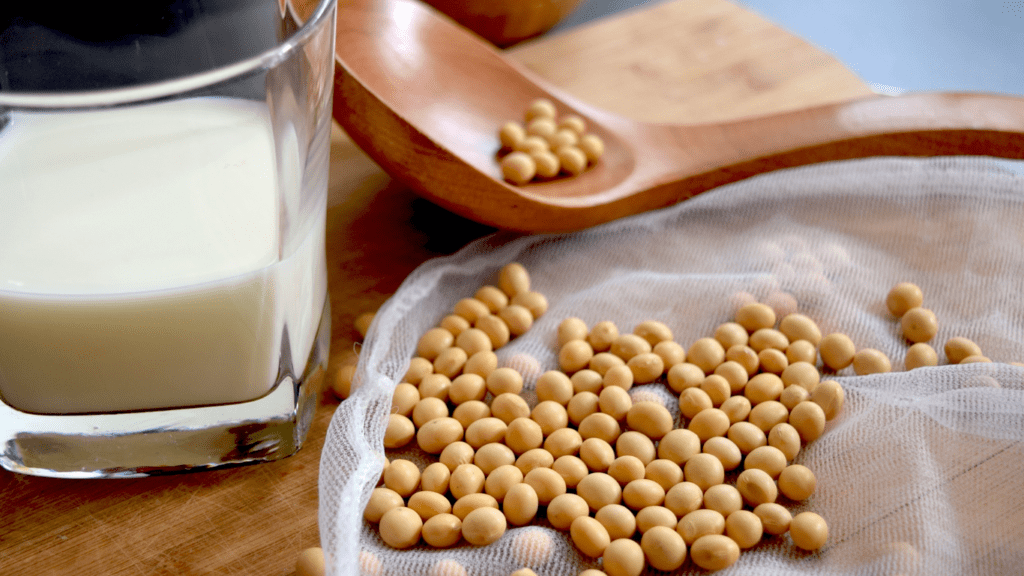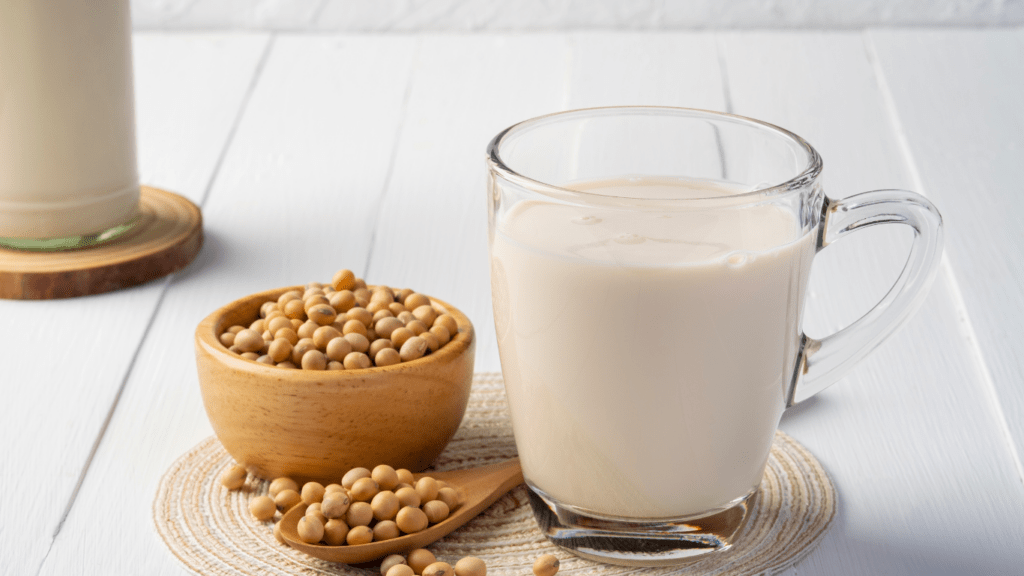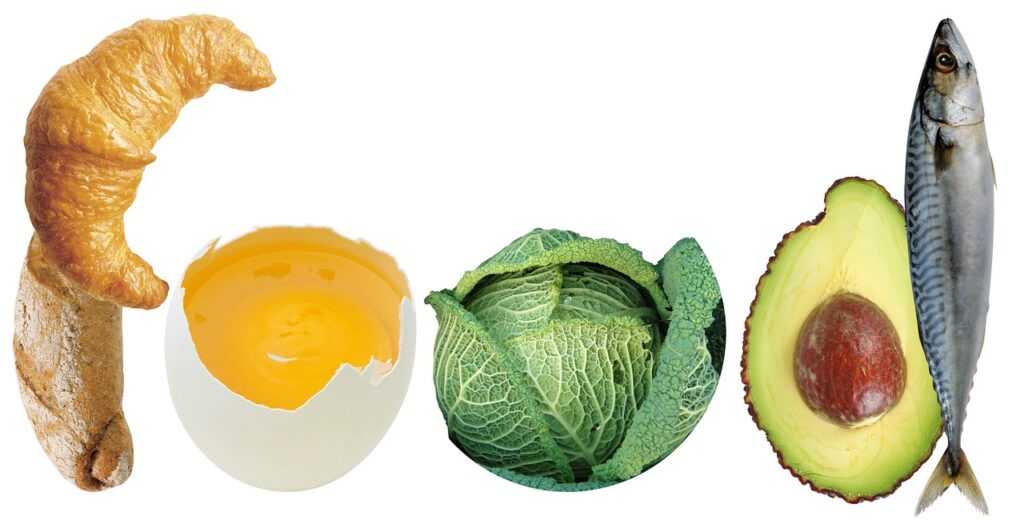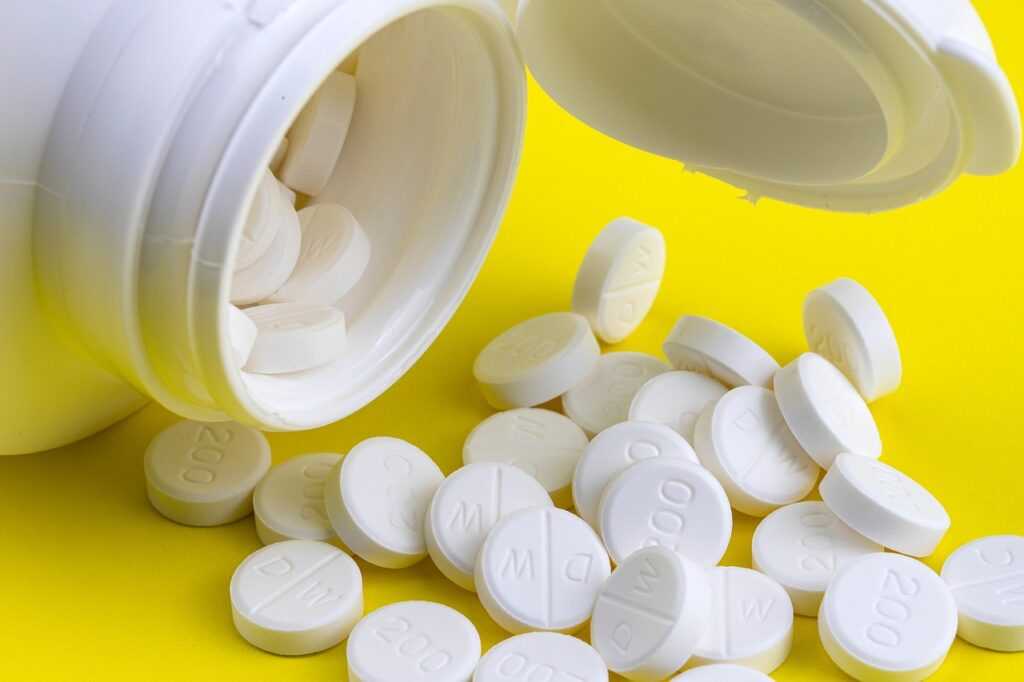Protein is the powerhouse nutrient that fuels athletes’ performance and recovery. As an athlete myself, I understand the vital role protein plays in optimizing workouts and achieving fitness goals. In this ultimate guide to protein for athletes, I’ll break down everything you need to know to harness the full potential of this essential macronutrient.
From muscle repair to energy production, protein is the cornerstone of athletic nutrition. I’ll delve into the different types of protein sources, the optimal timing for consumption, and how to calculate your protein needs based on your training intensity and goals. Whether you’re a seasoned athlete or just starting your fitness journey, mastering the art of protein intake can take your performance to the next level.
The Importance of Protein in Athletes’ Diets
Protein plays a crucial role in supporting athletes’ performance and recovery. As an athlete myself, I understand the significance of incorporating adequate protein into my diet to optimize my workouts and achieve my fitness goals. Protein is essential for muscle repair and growth, providing the building blocks necessary to recover from intense training sessions effectively.
In the world of athletics, protein is not just a nutrient but a key player in energy production, enabling athletes to perform at their best. It serves as a fuel source during prolonged exercise, helping to sustain endurance and power output. Whether you’re a seasoned athlete or just embarking on your fitness journey, prioritizing protein intake can make a notable difference in your athletic performance and overall progress.
Different protein sources offer varying benefits, from animal-based proteins like chicken, fish, and eggs to plant-based options such as legumes, tofu, and quinoa. Understanding the diversity of protein sources available can help athletes create a well-rounded diet that meets their unique nutritional needs.
Timing is also essential when it comes to protein consumption for athletes. Consuming protein-rich meals or snacks before and after workouts can enhance muscle repair, promote recovery, and support muscle protein synthesis. Finding the optimal timing for protein intake based on your training schedule can maximize the benefits of this vital nutrient.
Calculating your protein requirements is another critical aspect of optimizing your diet as an athlete. It’s important to tailor your protein intake to your training intensity, fitness objectives, and body weight. By determining the right amount of protein needed to support your athletic endeavors, you can fuel your body effectively and promote muscle maintenance and growth.
Protein is a cornerstone of an athlete’s diet, playing a multifaceted role in performance enhancement and recovery. By prioritizing protein intake, diversifying protein sources, timing consumption strategically, and calculating individual protein needs, athletes can harness the power of this essential nutrient to elevate their athletic capabilities and achieve their fitness aspirations.
Different Types of Proteins for Athletic Performance
When it comes to enhancing athletic performance, choosing the right type of protein plays a crucial role in supporting muscle repair, growth, and energy production. Here, I’ll delve into the specifics of three essential types of proteins that can benefit athletes in their fitness journey.
Whey Protein
I always recommend whey protein for athletes looking to boost muscle protein synthesis post-workout. This fast-digesting protein is rich in essential amino acids, making it an ideal choice for muscle recovery and growth. Whey protein isolate, in particular, contains a high protein content with low levels of carbs and fats, perfect for those focusing on lean muscle development.
Casein Protein
For athletes aiming to sustain muscle protein synthesis over a longer period, casein protein is a great option. Known for its slow digestion rate, casein provides a steady release of amino acids, making it an excellent choice as a nighttime protein supplement. By consuming casein before bed, athletes can support muscle recovery and growth throughout the night, maximizing their training efforts.
Soy Protein
Soy protein is a valuable plant-based protein source for athletes, especially those following a vegetarian or vegan diet. Rich in essential amino acids, soy protein can effectively support muscle repair and growth. Additionally, soy protein has been linked to various health benefits, including improved heart health and cholesterol levels, making it a versatile option for athletes looking to diversify their protein sources.
By understanding the unique benefits of whey, casein, and soy proteins, athletes can make informed choices to optimize their protein intake and enhance their athletic performance.
Protein Intake Recommendations for Athletes
Incorporating the right amount of protein into your diet plays a pivotal role in enhancing athletic performance and supporting muscle recovery. As an athlete, it’s essential to understand the protein intake recommendations tailored to your level of activity to maximize the benefits effectively.
- Endurance Athletes: For endurance athletes engaged in activities like long-distance running or cycling, protein requirements typically range from 1.2 to 1.4 grams per kilogram of body weight to aid in muscle repair and adaptation to endurance exercises.
- Strength and Power Athletes: Individuals focusing on strength training or power-based activities may benefit from a higher protein intake, ranging from 1.4 to 1.7 grams per kilogram of body weight. This increased protein consumption supports muscle protein synthesis and recovery after intense workouts.
- Combination Athletes: Athletes participating in a combination of endurance and strength training activities should aim to consume around 1.5 grams of protein per kilogram of body weight to cater to the demands of both exercise types and promote overall muscle health.
- Timing Matters: Distributing protein intake evenly throughout the day, with particular emphasis on consuming protein-rich meals or snacks within an hour of completing a workout, can optimize muscle recovery and replenish glycogen stores efficiently.
- Hydration and Protein Synthesis: Remember that adequate hydration is crucial for protein synthesis and overall athletic performance. Ensuring proper fluid intake alongside your protein consumption is vital for maximizing the benefits of your protein intake.
By aligning your protein intake with your athletic pursuits and considering the timing of protein consumption, you can harness the power of protein to enhance your performance, support muscle recovery, and progress towards your fitness goals effectively.
Benefits of Protein Supplementation for Athletic Performance
Enhancing athletic performance through strategic protein supplementation is crucial for maximizing gains and recovery. Adequate protein intake offers a myriad of benefits tailored to athletes’ specific needs, positively impacting various aspects of their performance and muscle development. Let’s delve into the significant advantages of protein supplementation for athletes:
- Enhanced Muscle Growth: Protein is essential for muscle repair and growth. By supplementing with protein, athletes ensure that their muscles have an adequate supply of amino acids necessary for recovery and growth, ultimately leading to increased muscle mass and strength.
- Improved Exercise Recovery: Protein supplementation plays a pivotal role in speeding up the recovery process post-workout. Consuming protein-rich supplements after exercise helps repair muscle tissue damage, reduces muscle soreness, and replenishes glycogen stores, allowing athletes to recover faster and perform optimally in subsequent training sessions.
- Optimized Performance: Adequate protein intake supports optimal performance by providing the body with the necessary building blocks for muscle repair and energy production. This, in turn, enhances endurance, strength, and overall athletic performance, enabling athletes to push their limits and achieve their fitness goals.
- Muscle Preservation during Intense Training: During periods of intense training or calorie restriction, the body may break down muscle tissue for energy. Protein supplementation helps preserve muscle mass by providing a readily available source of amino acids, preventing muscle catabolism and supporting muscle retention even under challenging conditions.
- Increased Metabolic Rate: Protein has a higher thermic effect compared to carbohydrates and fats, meaning that the body expends more energy to digest and metabolize protein. By incorporating protein supplements into their diet, athletes can boost their metabolism, facilitate fat loss, and maintain a lean physique conducive to optimal performance.
- Enhanced Nutrient Absorption: Protein supplementation can improve nutrient absorption, ensuring that essential vitamins and minerals crucial for performance and recovery are effectively utilized by the body. This synergistic effect enhances overall nutrient uptake, promoting better recovery, muscle growth, and performance outcomes for athletes.
Incorporating protein supplementation into their dietary regimen empowers athletes to harness these benefits and optimize their performance, recovery, and muscle development effectively. By strategically incorporating protein supplements aligned with their training goals and nutritional needs, athletes can fuel their success and elevate their performance to new heights.

Mary Norton
About the author:
Mary Norton is a key contributor at My Nutritional Balance Guide, renowned for her insightful articles and creative approach to health and nutrition topics. Learn more




